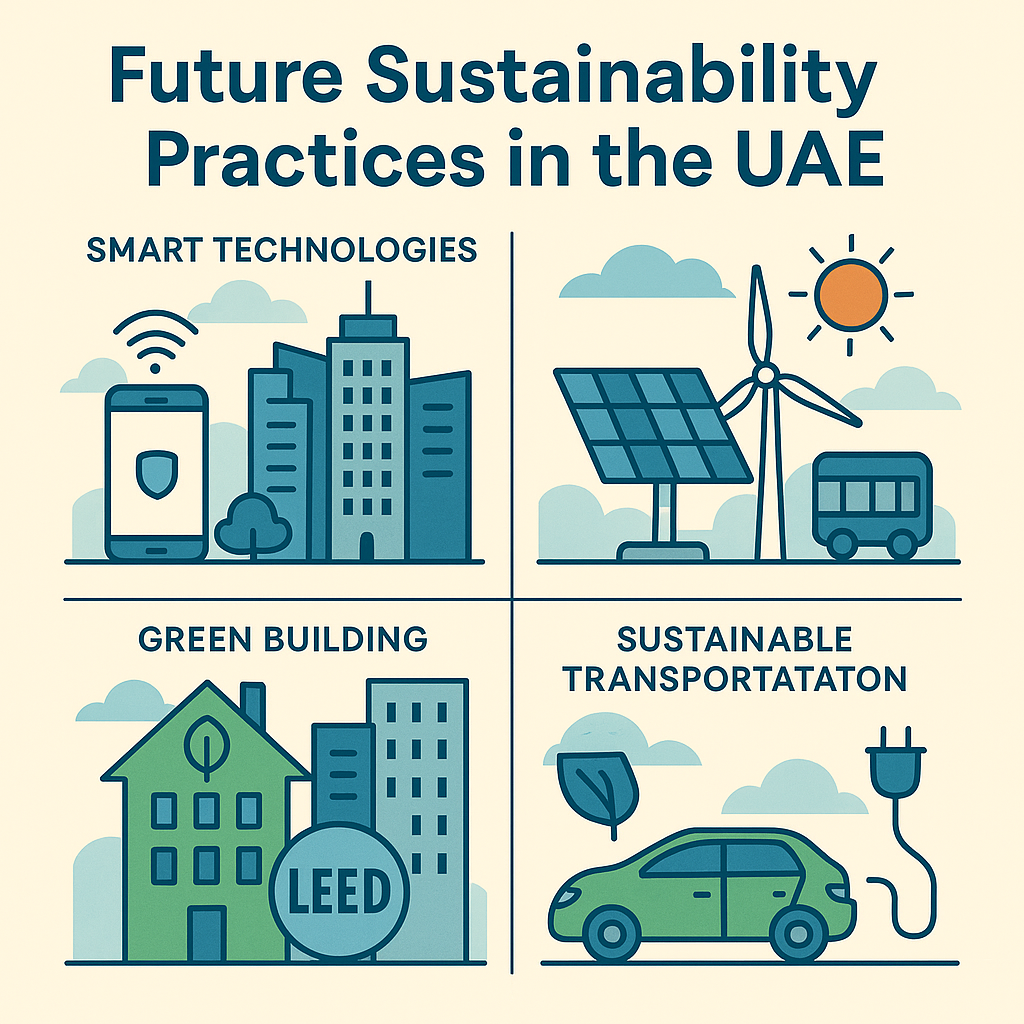As the United Arab Emirates (UAE) strides confidently toward its Net Zero by 2050 goal, the nation’s sustainability efforts are evolving from strategic planning into large-scale implementation. This forward momentum is grounded in a combination of technological advancement, policy evolution, cultural transformation, and a growing public commitment to environmental stewardship.
One of the cornerstones of future sustainability practices in the UAE is the integration of smart technologies in urban development. Smart cities, powered by the Internet of Things (IoT), artificial intelligence, and big data, are being developed to monitor and optimize everything from energy and water consumption to traffic flows and waste management. Projects like Masdar City in Abu Dhabi exemplify how technology and urban planning can come together to reduce environmental impact while enhancing liveability.
Renewable energy will play an increasingly dominant role in the country’s future. The UAE has already made impressive strides in this area through major solar power projects like the Al Dhafra Solar PV plant, one of the largest in the world. In the coming years, the expansion of renewable capacity—particularly solar and wind—is expected to provide a significant share of the country’s electricity needs. Additionally, innovations such as green hydrogen production and carbon capture and storage (CCS) technologies are gaining traction to decarbonize hard-to-abate sectors like heavy industry and aviation.
In the construction sector, the trend toward environmentally responsible design is accelerating. Future practices will emphasize net-zero energy buildings, passive design techniques, and sustainable materials. Local building codes are being revised to incorporate global standards such as LEED (Leadership in Energy and Environmental Design). As more developers and investors seek to meet these benchmarks, the expertise provided by LEED Consultancy UAE is becoming increasingly valuable. These consultants help guide projects through energy modeling, daylight analysis, materials selection, and documentation to ensure full compliance with green building certification standards.
Sustainable transportation is another focus area. The UAE is investing in extensive electric vehicle (EV) infrastructure, including EV charging networks and incentives for consumers. Public transport systems are being expanded and modernized, with projects like the Etihad Rail offering sustainable alternatives to long-distance car travel. There is also growing interest in car-free zones, bike lanes, and smart mobility solutions like autonomous electric shuttles. These initiatives will collectively reduce air pollution and improve urban air quality.
The future also holds potential for sustainable food and water systems. With limited arable land and high water scarcity, the UAE is pioneering vertical farming, hydroponic agriculture, and renewable-powered desalination. These innovations aim to ensure national food and water security in a climate-resilient manner. At the same time, circular economy models are being developed to close resource loops, encouraging businesses to minimize waste and reuse materials.
However, technology alone is not enough. A key enabler of future sustainability will be education and behavior change. Schools are incorporating environmental science into their curricula, and youth-focused programs are promoting climate awareness and action. Public campaigns focused on recycling, energy conservation, and green living are also encouraging citizens to adopt more sustainable lifestyles.
Looking further ahead, the UAE is preparing to embrace regenerative development. Unlike traditional sustainability approaches that aim to minimize harm, regenerative development seeks to actively improve ecosystems and community well-being. Buildings and urban areas will not only use fewer resources—they will also generate renewable energy, capture carbon, purify air and water, and restore biodiversity. This visionary concept reflects the UAE’s ambition to be at the frontier of sustainable innovation.
In conclusion, the future of sustainability in the UAE is dynamic, holistic, and firmly anchored in action. From smart cities and renewable energy to sustainable agriculture and transportation, every sector is undergoing transformation. As this journey unfolds, LEED Consultancy UAE remains a trusted partner, providing the technical know-how and strategic insight needed to align with the nation’s long-term green vision. For businesses and developers, embracing these future practices is not just a moral imperative—it’s a competitive advantage in a rapidly changing world.

